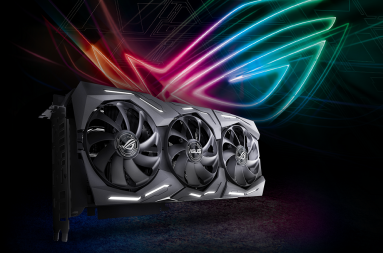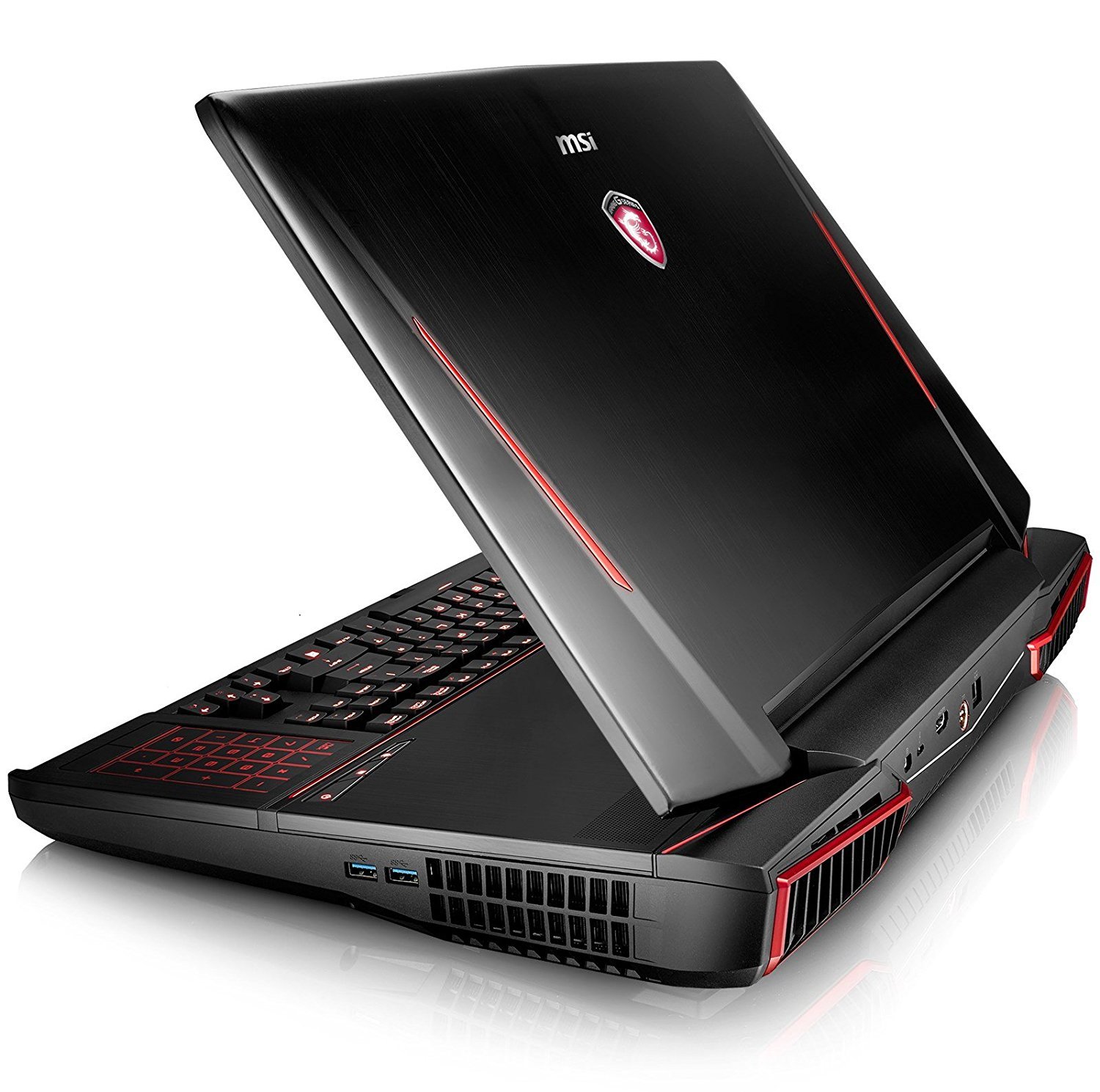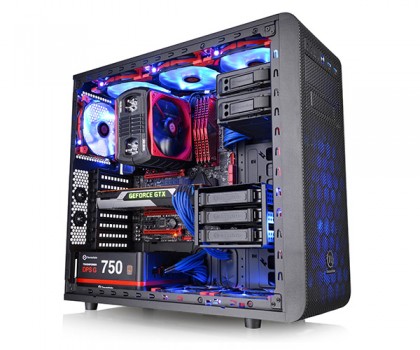 You know that feeling, the dread certainty that your current PC is about to die in a puff of blue smoke? I have that feeling. I could ignore the built in speakers cutting out randomly for the last 6 months on my laptop. But when I wake up in the morning and the PC doesn’t see the network card that is clearly still installed, I accept reality. The time for a new gaming computer is approaching.
You know that feeling, the dread certainty that your current PC is about to die in a puff of blue smoke? I have that feeling. I could ignore the built in speakers cutting out randomly for the last 6 months on my laptop. But when I wake up in the morning and the PC doesn’t see the network card that is clearly still installed, I accept reality. The time for a new gaming computer is approaching.
I will not give in to the sadness at spending wads of cash and starting from scratch, however. I will instead take the opportunity to mull the eternal question. Desktop or laptop: which computer is better for gaming? Join me as I mull. First, we have some questions we need to answer about our computing needs.
Portability
The first question is where are you going to game? If your gaming life is entirely stationary, you don’t need to consider a gaming laptop. Even if you take your PC to a tournament or a LAN party with your chums, you can stick with a desktop.
On the other hand, if you are routinely away from home and want to keep gaming on the go, a laptop is the solution. You could be that gamer who straps a full pc to their back to go use the free Wi-fi at the local coffee shop, but I recommend you don’t do that.
Physical Space

Another element of the where of gaming is space requirements. You may not have the real estate available in your computing nook to devote to a full monitor and tower. Imagine that you’re a student with a desk the size of a postage stamp. You can’t give up a big chunk of that small surface to a permanent monitor. A gaming laptop can sit in your lap.
Upgrades
 This is where the desktop pc shines. Laptops have a limited number of user-replaceable components, and a very limited amount of upgrade capability. Basically, your laptop is as powerful as its going to get.
This is where the desktop pc shines. Laptops have a limited number of user-replaceable components, and a very limited amount of upgrade capability. Basically, your laptop is as powerful as its going to get.
A desktop PC, on the other hand, is a wonderland of upgrade opportunities. You can add RAM, a new video card, a second hard drive, a video capture card, and more. Of course, you are limited by the capacity of the case you’ve chosen. If upgrades are important to you, avoid a small form factor PC. You’d be better off with a gaming laptop.
Power
I pretend that I don’t care about raw computing power, but that is a lie. We’ve all been in the tense situation as our under-powered PC chugs under the strain of running the newest game. I used to live in fear that the next turn of Civilization 6 might be the one that caused my old PC to burst into flames.
In terms of power potential, the desktop comes out ahead. Laptops need to balance power with space limitations and heat concerns, so their components are less powerful than their desktop equivalents.
Speaking of power, there’s the literal power supply to keep in mind. The world’s most powerful video card is useless if it can’t get enough electricity to run.

Gaming Demands
I assume that if you’ve searched for the words “gaming computer” you play the top triple A titles that have intense hardware requirements. But gaming is much more diverse than that. You could be a dedicated player of casual games, but not the high-powered first person shooters. You’re likely to be able to find an affordable utility PC that can easily run all of your casual games. I’ll give the edge here to laptops, since you can sneak casual games into a workplace setting with most people none the wiser.
Virtual Reality
I ask myself every day if VR is going to become essential technology for gaming. I’m a little bit afraid of it, to be honest. Will the goggles sit uncomfortably over my glasses? And will the simulated reality make my real-world stomach do somersaults? Regardless of the potential for nausea, I am intrigued. But to run VR effectively, you need enough video card and processor power to do the job. And you need to have space around your computer to flail about. For VR, the advantage goes to desktops.
Price
The least exciting consideration is probably the most important one. Your budget will dictate what your PC options really are. A gaming laptop is going to come a premium price in comparison to its deskbound cousins. And you can start with a modest desktop gaming PC and incrementally upgrade it, spreading the full cost of the final configuration over a easier to handle time period.
The Future of Gaming
Online everything all the time is the battle cry for the gaming industry. They want you connected so that you can make impulse purchases whenever a new shiny item appears in the game. Google wants to get into the gaming console market with a console that exclusively streams games. If the future is in streaming games, you won’t need as much at-home power.
Then again, you’ll need a very beefy internet connection that you can depend on. Streaming games are a fine solution if you live in the land of reliable high speed internet. But if you live outside of a dense urban area, you’re gambling with your gaming experience if you depend on a shaky internet connection.
Final Thoughts on Choosing a Gaming Computer

You’ve asked all the questions and now, armed with those answers, you’re trying to find the perfect gaming computer. While you wrestle with the decision, look at the bright side. There are dozens of great options in both camps.
There are high-powered desktops that have a bounty of upgrade options for the future. There are versatile laptops that can let you take your gaming on the road and do your homework. You can relax and rest easy knowing that the right gaming computer is waiting for you.
And if you need my opinion (and who doesn’t?) I’m going to side with laptop. I love gaming, but I love my family too. Gaming on a laptop means I can sit on the couch with the family, sharing space while having fun. Win win!
image from ASUS.com



